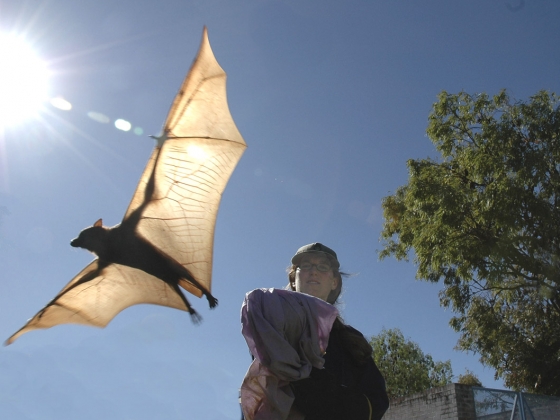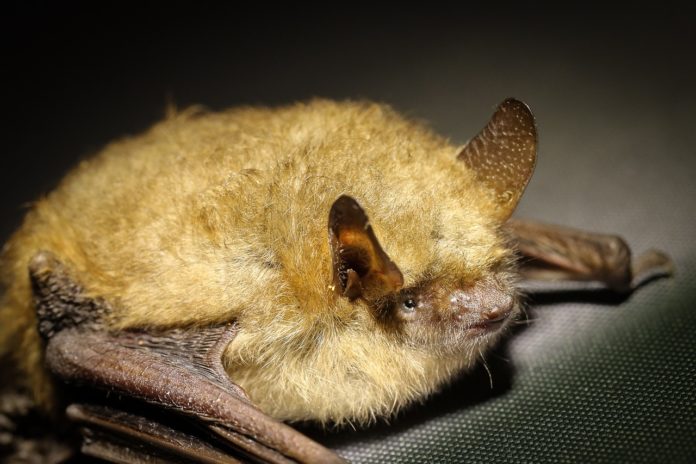Led by Montana State University, researchers will study henipaviruses, which were responsible for spread of Nipah in Kerala
To combat some of the world’s most deadly diseases, more than 20 scientists from five continents led by Montana State University will study bats in Australia, Bangladesh, Madagascar, and Ghana.
Raina Plowright, assistant professor, Department of Microbiology and Immunology, is leading a project to unravel the complex causes of bat-borne viruses that have recently made the jump to humans, causing concern among global health officials.

The research team — includes scientists from Johns Hopkins, Cambridge, Cornell, UCLA, Penn State, Rocky Mountain Laboratories in Montana, Griffith University in Australia and five other universities and institutions — is supported by a $10 million cooperative agreement with the Defense Advanced Research Projects Agency, or DARPA, an independent agency of the U.S. Defense Department that funds ambitious and potentially groundbreaking projects.
“This research brings together one of the biggest teams in the world working on emerging bat pathogens,” Plowright said, adding that the project will study how the viruses are transmitted at the cellular level as well as on the scale of whole landscapes. “Ultimately, what we’re trying to do is find new solutions that can prevent people from getting sick.”
Outbreaks of a related virus, called Nipah, have since resulted in hundreds of deaths in Malaysia, Bangladesh and India.
Collectively called henipaviruses, the bat-borne pathogens were first identified in 1994 after an Australian outbreak of Hendra virus killed a dozen horses and their owner. Outbreaks of a related virus, called Nipah, have since resulted in hundreds of deaths in Malaysia, Bangladesh and India.


